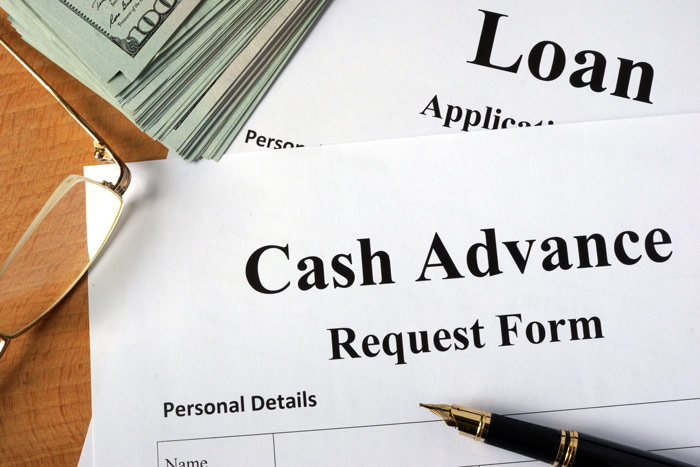The Cash Advance of Credit Cards

In layman's terms, Cash Advance (CA) is that you gain cash or cash equivalents from a credit card. In general, you use a credit card to withdraw cash on an ATM which is CA. The injection of funds into the bank's account may also be counted as CA. It is important to note that the charge card without CA.
When a merchant does not accept a credit card or a certain type of credit card (AMEX, VISA, DISCOVER, MASTER), we may need to withdraw cash from an ATM for payment. And if we don't have a Debit Card that can be withdrawn without a fee. We had to plug in a credit card from an ATM to withdraw money and spend it which at this time was CA.
It is important to note that some credit cards require a 4-bit Pin to pass before using the CA feature. So if you're likely to use this feature, please call the back of the card and set the Pin to the bank so that you don't really get busy when you're using it.
There is a difference between Cash Advance and ordinary purchase. Credit cards tend to be less than the credit line you make on your credit card itself which is about one-fifth of the credit line.
The reason for the lower credit line is that in general you can't rely on it after shopping by credit card. Getting money by Cash Advance that you can easily carried cash away . So a low CA quota is also a way for credit card companies to reduce risk.
The biggest difference between getting money by CA and spending on a typical shopping is that the cost is different. This fee is reflected in three points:
Cash Advance requires an additional 2%-5% handling fee for general purchases
Cash Advance's annual interest rate (APR) is higher than general purchases
Cash Advance's interest calculation is different from general purchases
Generally when we shopping by using credit cards, we only need to pay the price and tax of the items. There is no additional handling fee. When using CA to withdraw cash, it is often charged as a percentage of the withdrawal, which is between 2% and 5% of the total cash withdrawal. Moreover, not just this fee, some ATMs have their own usage fees (around $5). For example, if you want to withdraw $100 on an ATM, you'll pay $110($100*(1+5%)+$5=$110) on your credit card. Cash withdrawals through debit cards generally do not require that percentage of fees, and some ATMs are exempt from the charge for debit cards for a particular network.
Cash Advance's interest and repayments
In general, as long as you have Grace Period, you can only pay off before the due dat without interest. Unlike CA interest, ca's interest calculation does not have an interest-free period, starting with the CA on the same day and calculating interest immediately in accordance with CA's own individual APR." The CA's APR is also typically several percentage stakes higher than the APR of the normal purchase.
So, if you use the CA feature, it's a good idea to pay it back right away. And the fastest way to make a repayment is often by phone and over the counter. And basically most banks will be able to make your payments immediately before the cut-time day. Interest can only be minimized if it is paid off immediately. If you can't pay back the CA's arrears at once, be sure to pay back at least the Minimum Due every month, otherwise CA's APR will likely get higher. The snowball swells and the bigger it is to be bankrupt.



